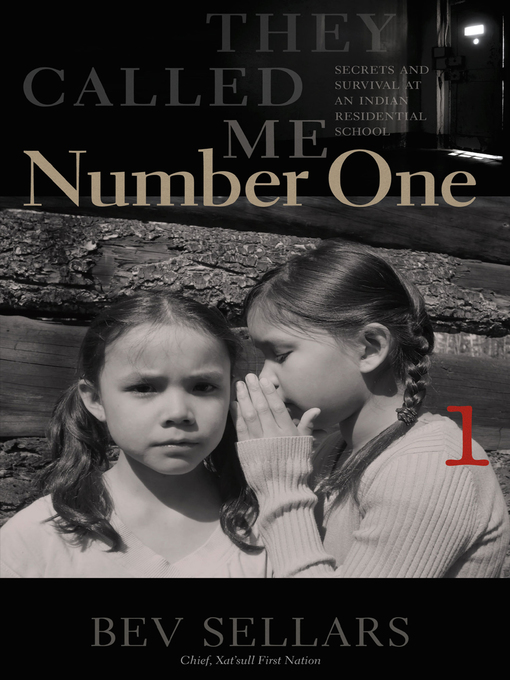BC Book Prize, Non-Fiction, Bev Sellars, They Called Me Number One (Finalist)
Burt Award for First Nations, Métis, and Inuit Literature: Bev Sellars, They Called Me Number One (Third Prize winner)
Like thousands of Aboriginal children in Canada, and elsewhere in the colonized world, Xatsu'll chief Bev Sellars spent part of her childhood as a student in a church-run residential school.
These institutions endeavored to "civilize" Native children through Christian teachings; forced separation from family, language, and culture; and strict discipline. Perhaps the most symbolically potent strategy used to alienate residential school children was addressing them by assigned numbers only—not by the names with which they knew and understood themselves.
In this frank and poignant memoir of her years at St. Joseph's Mission, Sellars breaks her silence about the residential school's lasting effects on her and her family—from substance abuse to suicide attempts—and eloquently articulates her own path to healing. Number One comes at a time of recognition—by governments and society at large—that only through knowing the truth about these past injustices can we begin to redress them.

